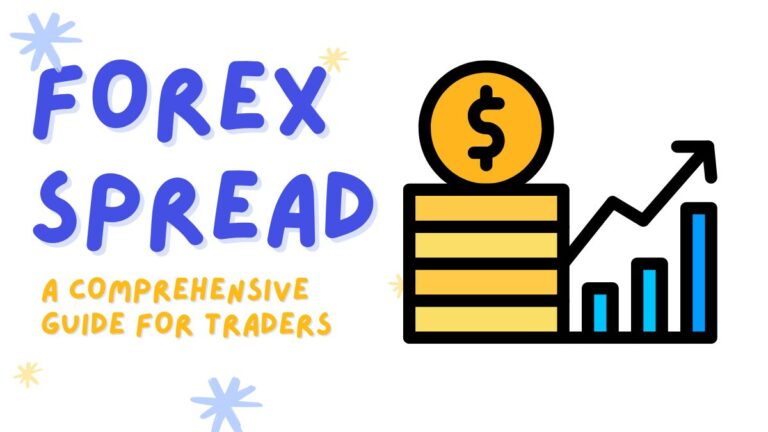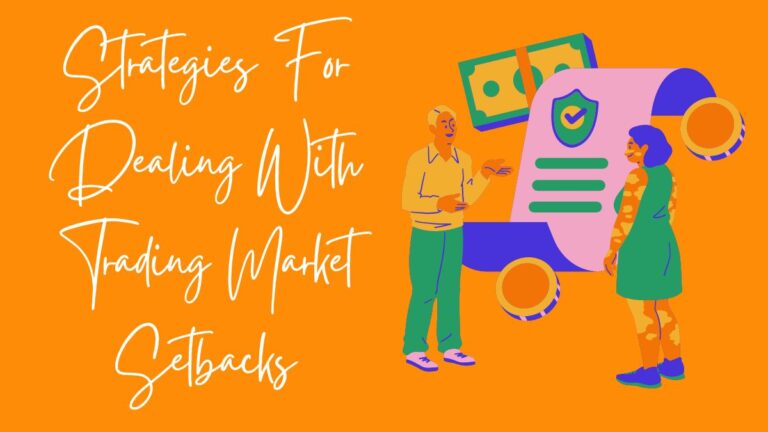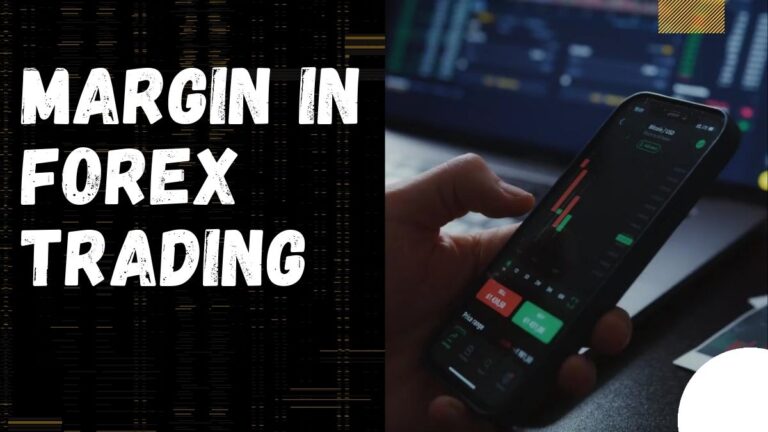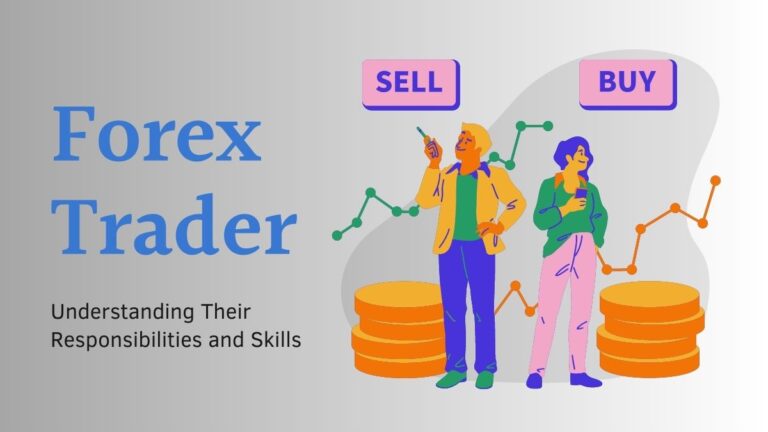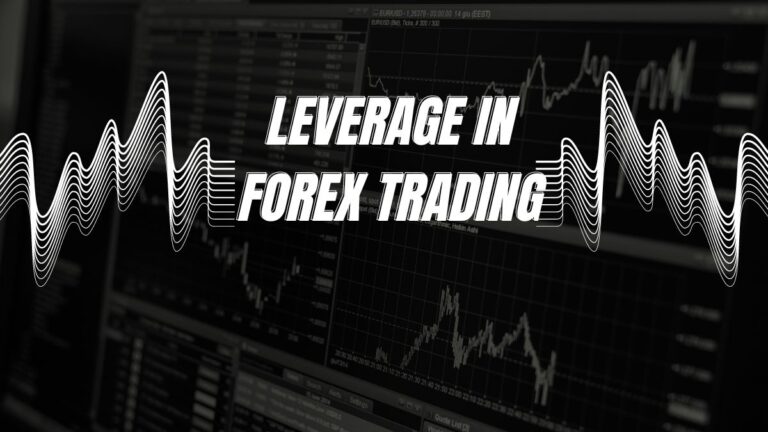Demystifying Forex Trading: A Comprehensive Guide for Beginners

Are you a beginner looking to enter the exciting world of Forex trading? Do complex terms like pips, leverage, and volatility make your head spin? Fear not! In this comprehensive guide, we’ll demystify Forex trading and break it down into simple concepts that anyone can understand.
Get ready to embark on an enlightening journey packed with knowledge, strategies, and invaluable tips to kickstart your trading career. By the end of this guide, you’ll be equipped with all the tools necessary to navigate the Forex market confidently. So buckle up and let’s dive into the fascinating realm of Forex trading together!
Table of Contents
What is Forex Trading?
When you hear the term “forex trading,” you might think of a complicated financial transaction conducted between two large banks or financial institutions. But the truth is, forex trading is something that anyone can do.
In its simplest form, forex trading is the act of buying and selling foreign currencies. When you buy a currency, you’re betting that it will increase in value relative to another currency. For example, if you buy US dollars with Japanese yen, you’re betting that the dollar will go up against the yen.
Of course, currency values fluctuate all the time—that’s what makes forex trading possible. By carefully studying market trends and making informed decisions, forex traders can make a profit even when currency values are dropping.
There are two main ways to trade forex: through a broker or through a bank. Banks offer forex trading services to their clients, but they typically don’t allow individual investors to trade directly on the market. That’s where brokers come in.
Brokers are companies that provide access to the forex market for traders. They typically charge a commission or fee for their services. Some brokers also offer tools and resources that can help beginner traders learn more about how to trade effectively.
The Advantages and Disadvantages of Forex Trading
When it comes to forex trading, there are both advantages and disadvantages that need to be taken into account.
Let’s start with the advantages.
- One of the biggest advantages of forex trading is the fact that it is a 24 hour market. This means that you can trade at any time of day or night, regardless of your location. The forex market is also very liquid, which means that there is always a buyer and seller for every currency pair. This makes it easy to enter and exit trades quickly, without having to worry about slippage.
- Another advantage of forex trading is the high leverage that many brokers offer. Leverage allows you to control a larger amount of money with a smaller amount of capital, which can lead to higher profits if done correctly. However, it should be noted that leverage also increases your risk exposure, so it needs to be used cautiously.
Now let’s take a look at some of the disadvantages of forex trading.
- One of the biggest drawbacks is the fact that the forex market is highly volatile and unpredictable. This means that prices can move very quickly, often without any clear reason or warning. This can make it difficult to trade effectively, particularly for beginners who may not be able to read charts correctly or predict price movements accurately.
- Another downside of forex trading is the risk involved. Unlike stocks or bonds, there is no guarantee that you will make a profit on your investment in the foreign exchange market. In fact, due to the high volatility and potential losses, many experienced traders suggest that you should only trade with money that you are prepared to lose.
In conclusion, forex trading has its advantages and disadvantages. While it can be a lucrative form of trading if done correctly, it is important to understand the risks involved before entering the market.
Different Types of Forex Trading Strategies
Different types of forex trading strategies can be used to trade the market. Some common strategies include:
- Fundamental Analysis: This approach looks at the underlying economic conditions that may affect currency prices.
- Technical Analysis: This approach uses charts and other technical indicators to identify patterns that may indicate future price movements.
- Sentiment Analysis: This approach considers the overall mood of market participants, which can be influenced by news and other events.
- Range Trading: This strategy identifies a currency pair that is trading in a well-defined range and seeks to take advantage of periodic reversals within that range.
- Breakout Trading: This strategy looks for periods of increased volatility outside of a defined range, with the aim of buying or selling at the start of a new trend.
- Position Trading: This strategy takes a long-term view of the market, looking to capture longer-term trends and hold positions for extended periods of time.
- Swing Trading: This strategy looks for periods of short-term price fluctuations, where traders can take advantage of quick reversals in the market.
Each of these strategies has its advantages and disadvantages, and no single strategy is right for all traders. It is important to understand the different types of strategies available in order to determine which one best fits your trading style and objectives.
How to Choose a Brokerage for Forex Trading?
Choosing a brokerage is an important decision for any forex trader. There are a few factors to consider when choosing a brokerage, such as regulation, account types, and spreads.
- Regulation: It is important to choose a broker that is regulated by a credible authority. This will ensure that your broker is held accountable and that your funds are safe.
- Account Types: Some brokers offer different types of accounts, such as mini accounts, standard accounts, and VIP accounts. Consider what type of account best suits your needs before making a decision.
- Spreads: Most brokers offer two types of spreads, fixed and variable. Consider which type of spread best suits your trading style before making a decision.
- Customer Service: Make sure that the broker has good customer service. This will ensure that you can get your questions answered quickly and easily when needed.
- Trading Platforms and Tools: Check to see what kind of trading platforms and tools are available with the broker you choose. Some brokers may offer special features such as automated trading and charting software.
These are just a few of the things you should consider when choosing a forex brokerage for your trading needs. Be sure to research different brokers before making a decision, and don’t be afraid to ask questions about their services or inquire about any special promotions they may be offering.
Technical Analysis and Fundamental Analysis
Technical analysis and fundamental analysis are the two main schools of thought in forex trading. They both have their pros and cons, but many traders find that using a combination of the two can be the most effective approach.
Technical analysis is focused on analyzing past price data to try to predict future price movements. It can be used to identify trends and support and resistance levels. Fundamental analysis, on the other hand, looks at economic factors to assess whether a currency is undervalued or overvalued.
Both technical and fundamental analysis have their merits, but it’s important to understand the difference between the two before you start trading. Technical analysis is more commonly used by short-term traders, while fundamental analysis is more suited for long-term investing.
Common Mistakes to Avoid in Forex Trading
- Not Defining Risk and Reward: One of the most common mistakes traders make is not properly defining their risk and reward. Most new traders enter the market without any kind of plan or strategy, which often leads to heavy losses. By having a clear understanding of your risk and reward before entering a trade, you can put yourself in a much better position to succeed.
- Not Managing Risk Properly: Another mistake that many traders make is not managing their risk properly. This often manifests itself in two ways: over-trading and failing to use stop-loss orders. Over-trading is when a trader takes on too much risk relative to their account size, which can lead to quick losses if the trade doesn’t go their way. Failing to use stop-loss orders is also a form of poor risk management, as it means that a trader is not properly protecting themselves from potential losses.
- Making Emotional Decisions: One of the biggest mistakes that any trader can make is letting emotions dictate their trading decisions. Fear, greed, and other emotions can cloud your judgment and lead you to make bad decisions. Learning to control your emotions is an important part of successful trading.
- Failing to Stay Organized: Another mistake that many traders make is failing to stay organized. This often manifests itself in two ways: not keeping track of your trades and not having a clear trading plan. If you don’t keep track of your trades, you won’t have any idea if your trading strategy is working or not. Similarly, if you don’t have a clear trading plan, you won’t be able to properly assess the risk and reward of each trade.
- Not Learning Enough About the Market: The last common mistake that many traders make is not learning enough about the market before trading. Forex is a complex market and it takes time to learn all of its nuances. If you don’t take the time to do this, then it will be difficult for you to find success in this market. So, make sure that you are properly educating yourself before entering any trades.
These are just a few of the most common mistakes that traders make in Forex trading. By avoiding them, you will be much more likely to find success in this competitive market.
Conclusion
In conclusion, Forex trading can be a profitable and engaging investment opportunity for those willing to put in the necessary time and effort. By understanding basic concepts such as currency pairs, pips, and margin requirements you will be well on your way to success as a Forex trader. With practice and determination anyone can become adept at trading currencies – so take some time to learn the fundamentals of Forex trading today!

